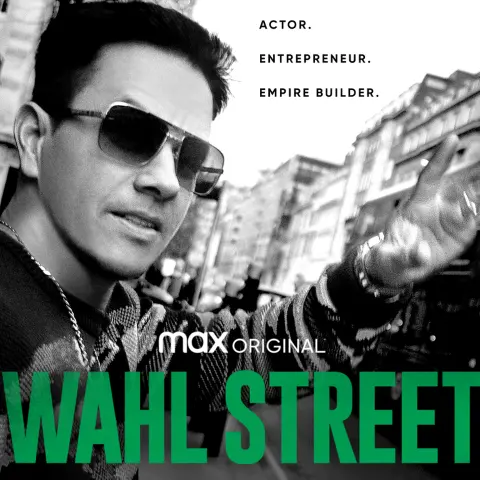Mark Wahlberg's Wahl Street was designed to be a parade of Trump-level self-congratulation, but then the pandemic hit
-

"At the start of the first episode Wahlberg is in his car, hardballing some off-screen schmuck about the value of his participation in a gym franchise opportunity," Stuart Heritage says of Wahlberg's HBO Max business docuseries. "The car stops, and Wahlberg gets out to attend the premiere of his new movie. The show wants to demonstrate what a machine Mark Wahlberg is, what a tidal wave of multidisciplinary success he rides. He’s got a gym chain, a clothing line, a burger chain, a nutrition brand, a bottled water business, two production companies and an auto group. Everything he touches turns to gold. He is Mark Wahlberg, more God than man. Had the show progressed as intended, Wahl Street would have been genuinely unwatchable. It would have been a flat, empty succession of private jets and high ceilings. It would have been Entourage with inexplicably fewer jokes. But then Covid hits, and forces the entire series off the rails. Suddenly, just as his obnoxiousness becomes intolerably supercharged, Mark Wahlberg is forced to take a shovelful of humility right to the face. His films halt production. Every branch of Wahlburgers closes. Investors cut off funds to his clothing line. His gyms become wastelands. And he’s the guy whose house comes with a wraparound golf course, so people start looking to him for money. Suddenly he’s as limp and listless as everyone else in the world. In a second, the message of the series switches from 'Mark Wahlberg is a once-in-a-generation entrepreneur' to 'Here are all the terrible things that happen when you overreach financially.'"
ALSO:
- The trouble with Wahl Street is that it’s not sure whether it’s a pure vanity project or a Horatio Alger-lite primer on how to succeed in business: "In each episode, extremely successful business leaders appear against a white background to proffer bits of wisdom, seemingly related to whatever’s going on in Wahlberg’s life but not directed at him — instead, they’re speaking to us," says Alissa Wilkinson. "Those business leaders include everyone from Drybar CEO Alli Web to Hasbro CEO Brian Goldner to former Disney chairman and CEO Michael Eisner. And the advice they give is ... vapid. I have never led an organization, and my career thus far spans a paltry 15 years, but if I never hear another snippet of this kind of 'leadership advice,' it will be too soon. It’s the sort that populates those ghostwritten books about business that are designed to be read in a couple hours on an airplane, all stuff that your average middle school student body president could tell you. The worst offender, by my lights, is UFC president Dana White, who constantly appears on screen to say things like “a lot of people don’t want you to win” and 'believe in yourself' and 'dive in and go for it, it’s that simple.' ...I’m not saying any of this is easy; I am CEO of nothing, and that’s to everyone’s benefit. But reciting platitudes on TV and actually showing people how to implement them are two very different things. Wahl Street is firmly in the former camp. There’s also a bizarre interlude in every episode where some clip from one of Wahlberg’s movies is inserted as a kind of pseudo reaction .GIF to whatever’s happening in his real life — him sliding off a boat in The Perfect Storm after he gets some bad news, for instance. I guess the idea is to remind us that he’s a movie star? As if we could forget."
- Wahl Street is entertaining, like an extended edition of "Lifestyles of the Rich & Famous Workaholics"
TOPICS: Wahl Street, HBO Max, Mark Wahlberg, Documentaries
More Wahl Street on Primetimer:
